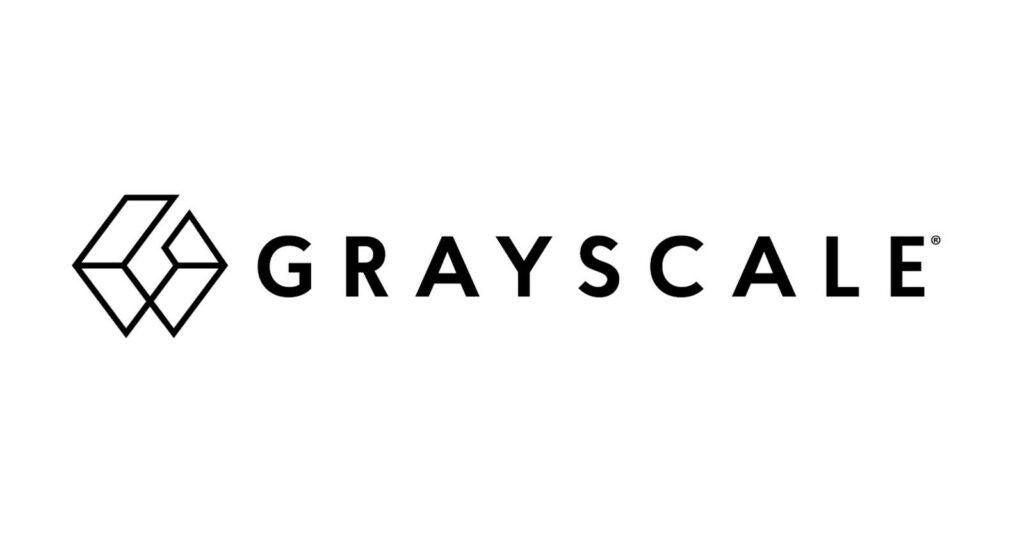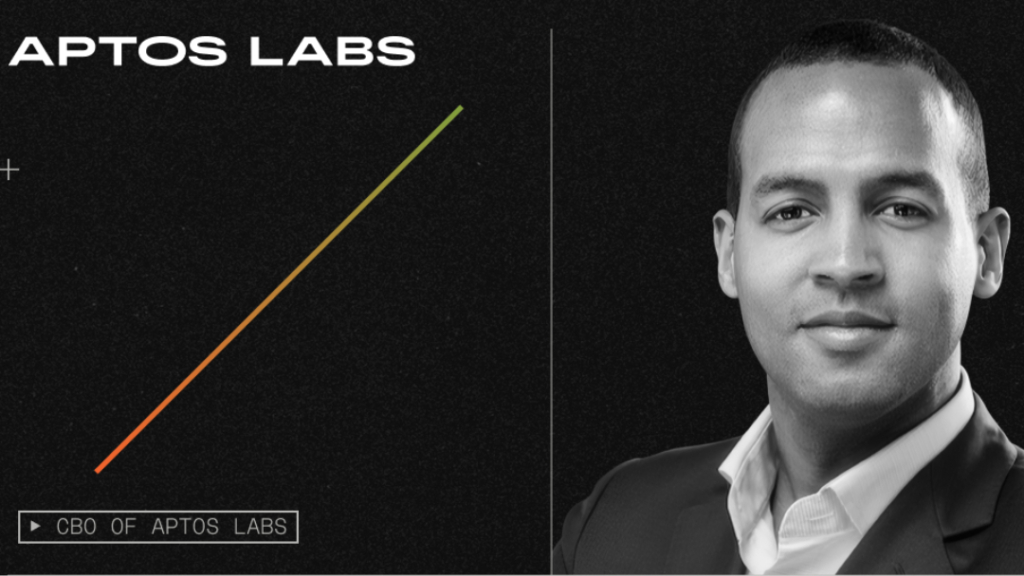Grayscale published a letter from Coinbase Custody attesting that each of Grayscale’s cryptocurrency products is fully backed.
Grayscale Investments, a cryptocurrency investment product provider, has refused to provide on-chain proof of reserves or wallet addresses to demonstrate the underlying assets of its digital currency products, citing “security concerns.”
Grayscale laid out information regarding the security and storage of its crypto holdings in a November 18 Twitter thread addressing investor concerns and said all the crypto underlying its investment products are stored with Coinbase’s custody service, but stopped short of revealing wallet addresses.
Grayscale’s move comes as pressure mounts on the crypto industry to implement proof of reserves in the aftermath of FTX’s liquidity issues and subsequent bankruptcy.
Some Twitter users argued that Grayscale’s decision to withhold its wallet addresses was motivated by security concerns, with one remarking that the addresses of Bitcoin (BTC) creator Satoshi Nakamoto are well known and of greater value to attackers, “yet Satoshi’s Bitcoin remains secure.”
Grayscale published a letter co-signed by Coinbase CFO Alesia Haas and Coinbase Custody CEO Aaron Schnarch in which they broke down Grayscale’s holdings by investment product and reaffirmed that the assets “are secure,” that each product has its “own on-chain addresses,” and that the crypto always belongs “to the applicable Grayscale product.”
Grayscale went on to say that each of its goods is a different legal company, and that “rules, regulations, and documents […] forbid the digital assets underpinning the products from being leased, borrowed, or otherwise encumbered.”
Grayscale is best known for its Grayscale Bitcoin Trust (GBTC), a security that tracks the price of Bitcoin, but it also has products that follow the price of other cryptocurrencies like Ether (ETH) and Solana (SOL).
Investors are concerned because Genesis Global, GBTC’s liquidity provider, claimed on November 16 that it had blocked withdrawals due to “extraordinary market turbulence,” which resulted in massive withdrawals from its platform that surpassed its current liquidity.
Genesis is a subsidiary of Digital Currency Group (DCG), a crypto-focused venture financing firm that also owns Grayscale.



